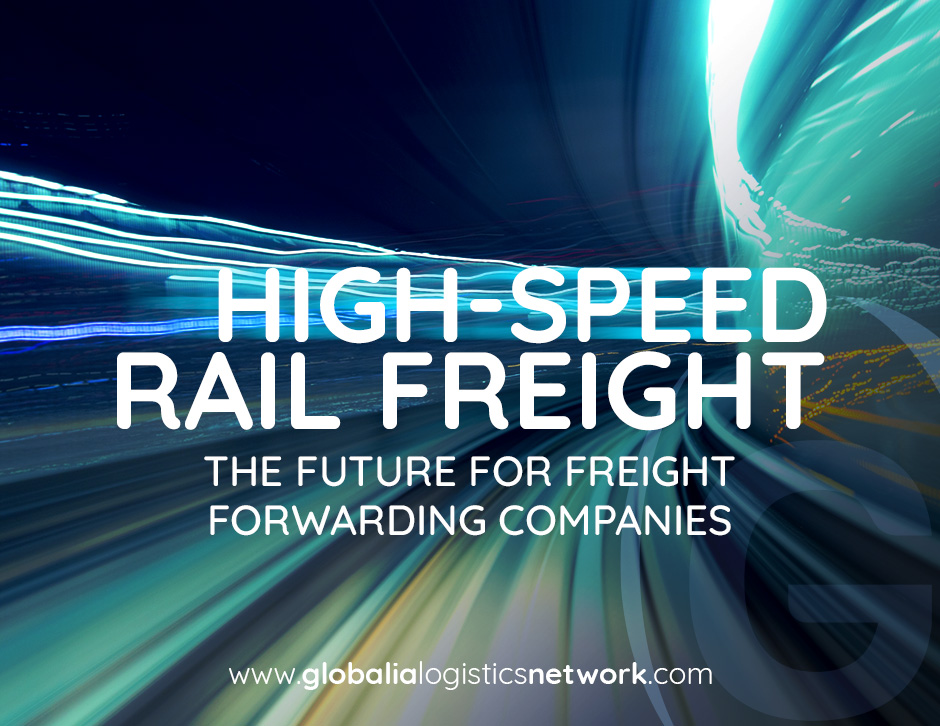Vegas Disney Fan
Well-Known Member
I just don’t understand the financials, there’s some huge ticket items like new highway overpasses, some flyovers for the trains, etc where several hundred million a mile completely makes sense, I just don’t understand how those costs aren’t offset by the couple hundred miles that are primarily creating a base and laying track in a highway median, I know that’s still not simple/cheap but even at $1,000 a foot that’s only $5 million a mile. I love HSR, we take it all over Europe, it’s just shocking to me a country like France can do it for about 20% of what it costs to do the exact same thing here.It is heart breaking that despite the clear indications of failure the powers that be continuing to pour exorbitant amounts of money into this bottomless pit.
I think the powers that be continue these projects because they’ve experienced them in Europe and know it’s an amazing way to travel from a time, convenience, and environmental perspective… unfortunately we just can’t do it at a reasonable price, if we could do it for what it costs in France it would make sense from a financial perspective also.

